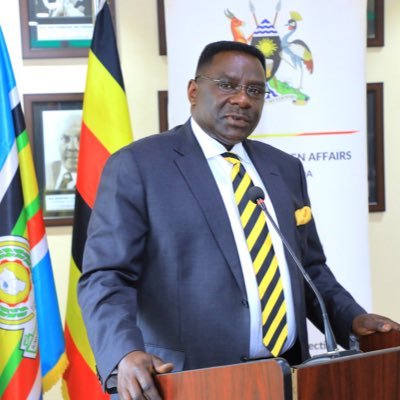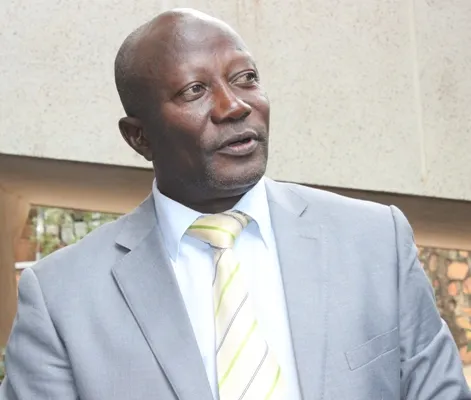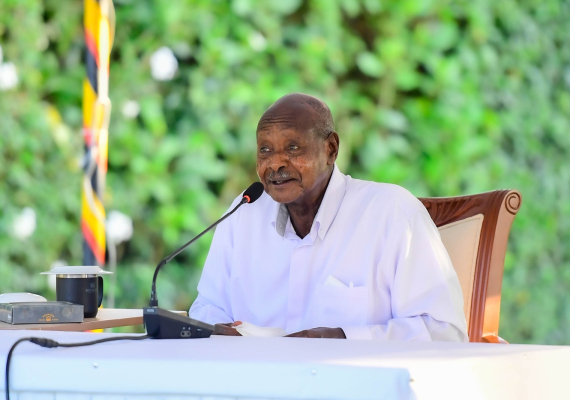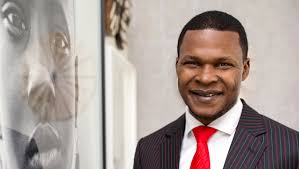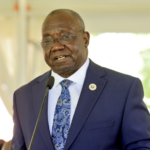A daily of February 3, 2025, preposterously bellowed a headline, “Museveni vs the law.” Elsewhere, the same daily heckled online “lawyers, activists take on Museveni over remarks on Supreme Court (SC)ruling.”
In both its print and online reporting, the daily seemingly crowned some self-appointed activists and analysts as spokespeople for the Ugandan bombastic citizen. In one of the craziest outbursts, Elias Lukwago juxtaposed Yoweri Museveni with Idi Amin by asserting that the President’s missive regarding the SC ruling was akin to the savagery of the 1970s rule by the later’s decrees; essentially the chap compared tomatoes and apples; two totally different fruits, right?
It’s only those with a cognitive deficit that would compare the two; in the 1970s Uganda didn’t have a functioning parliament to make laws; we do now. Most importantly the Idi Amin regime put to death Ben Kiwanuka, the then Chief Justice, because his stewardship of the judiciary didn’t resonate with Idi Amin’s most diabolical regime. Such extra-judicial killings were repudiated by this administration.
It’s abundantly clear to the most sagacious that the Yoweri Museveni administration has, since its inception restored the rule of law in Uganda; the reason why the Supreme Court ruled against government in stark contrast to the tumultuous Idi Amin period when the country was run by an edict-based autocracy.
This administration has permitted the growth of the three arms of government including the judiciary. But it’s also possible that Elias’s incongruous postulation is motivated by Yoweri Museveni’s, to many on the opposition political canvass, exhaustion of all possible achievable options available leaving no maneuverable room for his opponents.
First, Yoweri Museveni has every right to respond to the ruling just like any other Ugandan; the opposition oligarchs have satirized and responded most aggressively to his missive; the president has every right to respond as and when he likes. He is a Bonafide politician and Ugandan in every sense like the oligarchs. That right can’t be taken away from him not even by the heckling and recessing opposition oligarchs.
Secondly, the President’s response in both style and context constitutes a testament that the judiciary is particularly independent in Uganda. It can, as it has done, independently rule on any matter without undue influence from the executive arm of government. By Elias comparing Yoweri Museveni to diabolical Idi Amin is to ridicule not only the judicial progress permitted by the Yoweri Museveni administration since 1986 as opposed to the preceding times to that year.
Thirdly, yes, the judiciary took their stand informed by their legal interpretation of the cobweb of pieces of legislation including the Constitution; no contestation about that. But any judicial ruling whether here in Uganda or elsewhere will always be either contested or appreciated depending on who it favors or disfavors. In our case, Uganda’s fountain of honor was displeased with the SC ruling that appears to suggest the coddling of armed criminals and potential insurrectionists; after all chronicled judicial arbitraments in the near past are replete with cases of hard-core criminals, several of them using lethal weapons to kill, rape and loot.
Fourthly, the President who is also the fountain of honor is entitled to his personal opinion on the SC ruling because, apart from that being his unadulterated right, he has the privilege of being the biggest consumer of intel information as well as the biggest decision maker in the country; the supposition here being that he makes informed decisions. It is therefore within the ambit of the President to critically look at the most recent treasonous acts by some who sought to use the force arms to destabilize the country expectant that others would use identical lenses to see.
Lastly, the same oligarchs have, in the past most especially when they lost court cases,
accused judges of being NRM cadres. And so, will the SC judges lose that alleged labeling given their newfangled landmark ruling? The answer is a big no because those judges demonstrably exercised their constitutional independence in the most recent declaration that civilians can’t be tried in military courts, others’ dissenting voices notwithstanding.
Ambassador Henry Mayega

